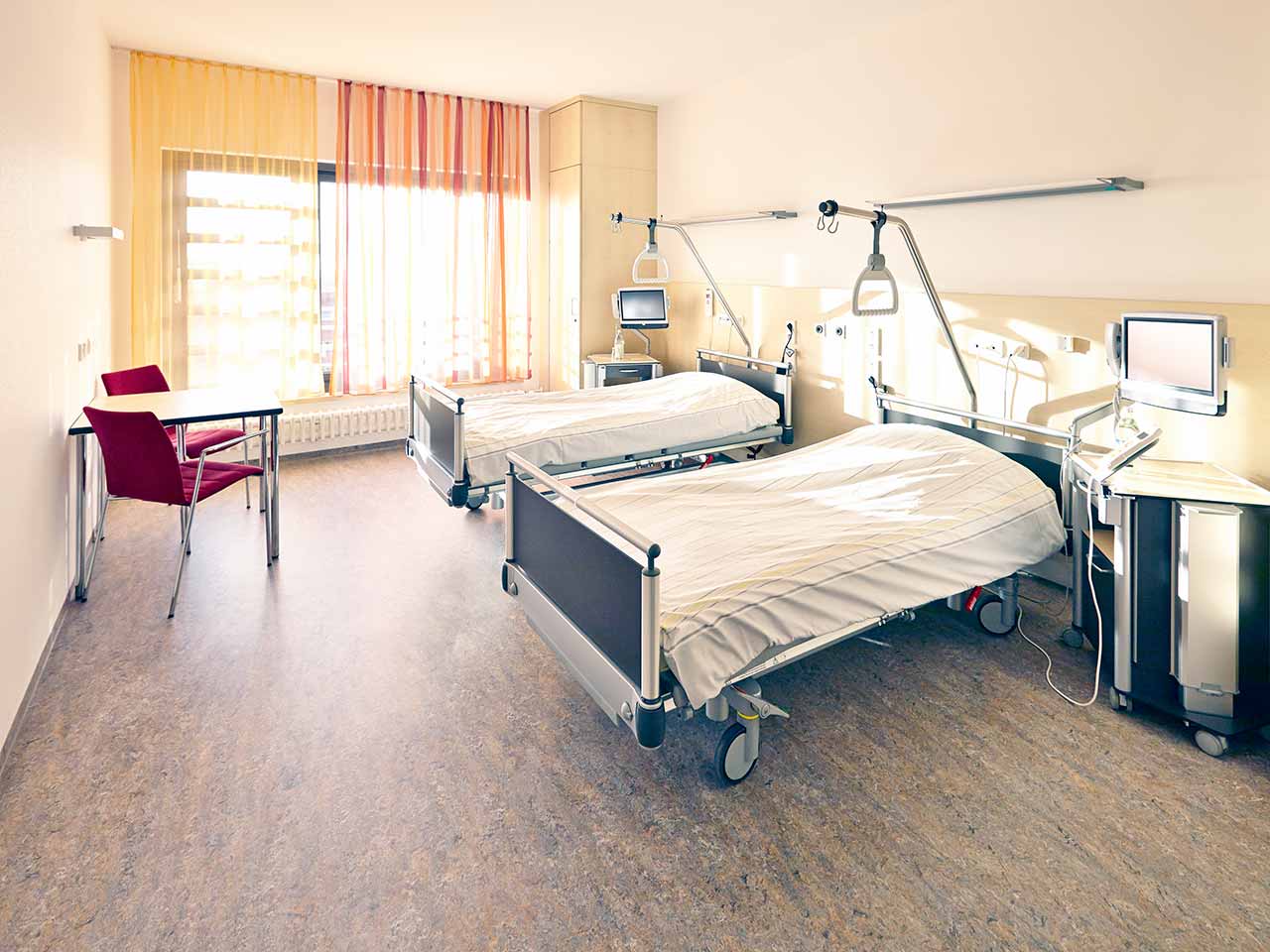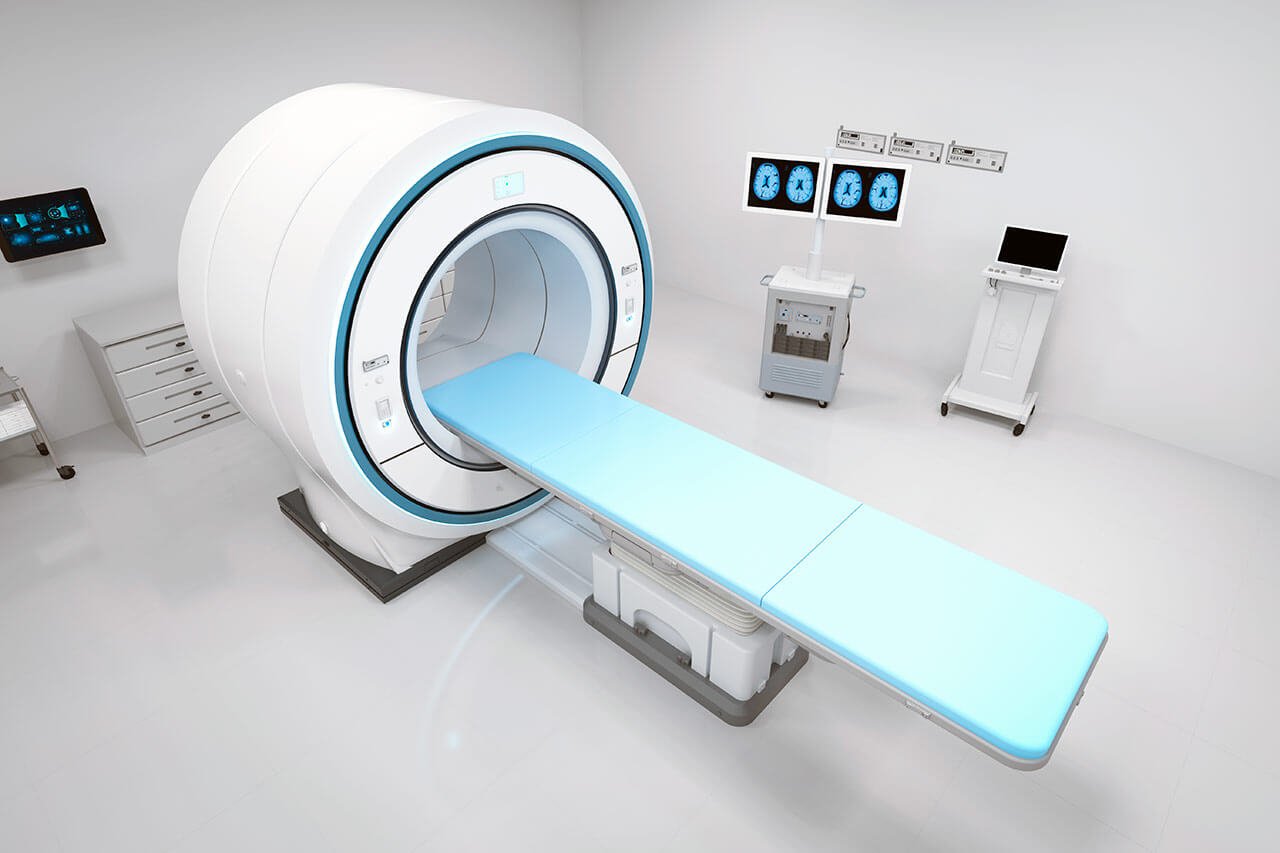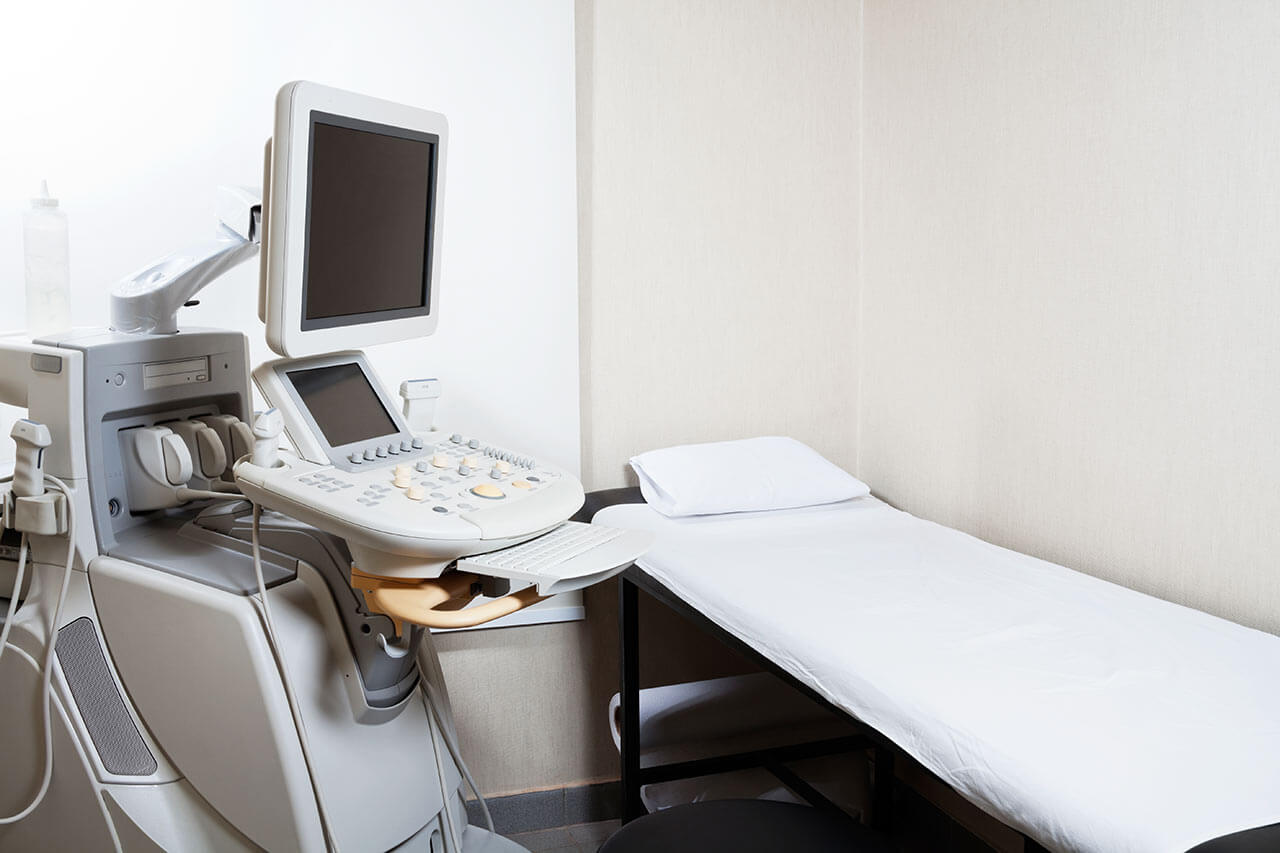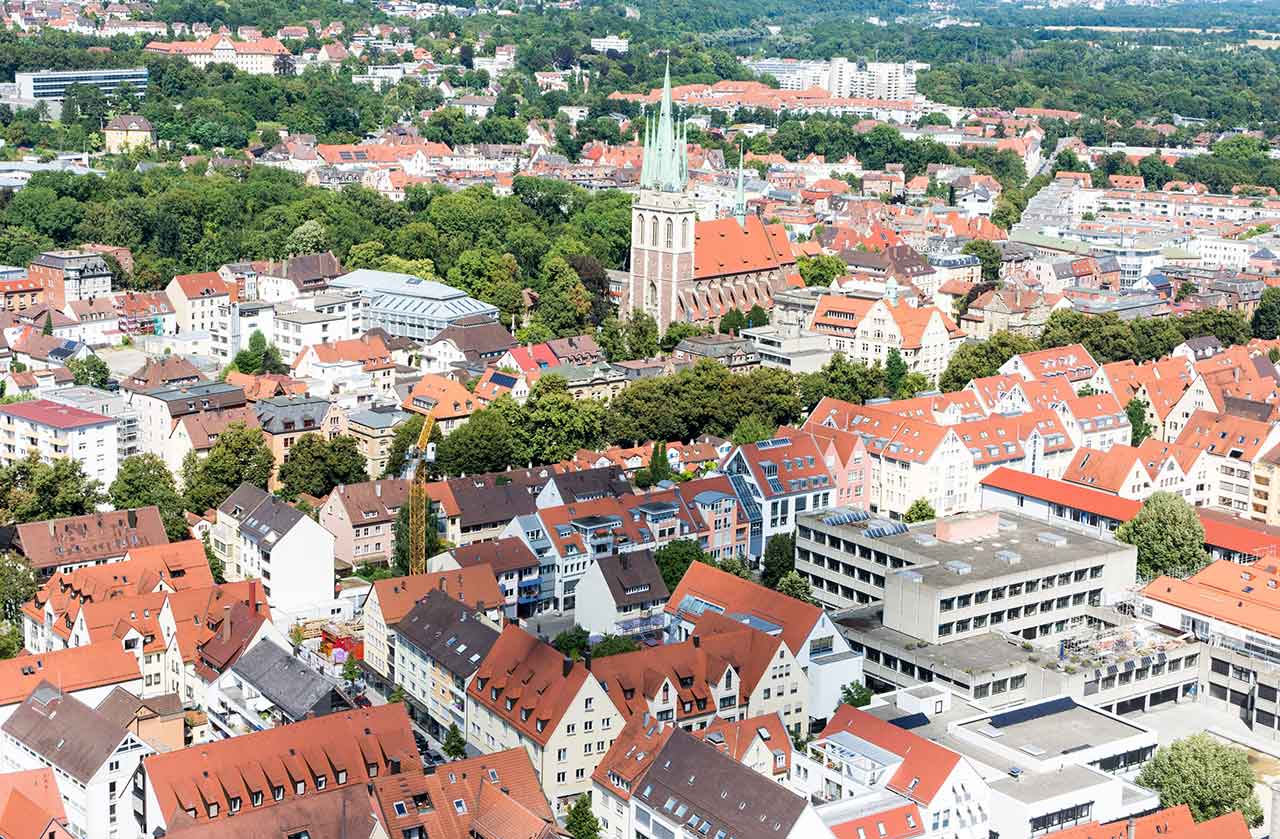
About the Department of Pulmonology at University Hospital Ulm
The Department of Pulmonology at the University Hospital Ulm offers the full range of medical services in the area of its competence. The medical team specializes in the diagnostics and treatment of pneumonia, bronchial asthma, chronic obstructive pulmonary disease, pulmonary fibrosis, pulmonary hypertension, obstructive sleep apnea, and other pulmonary diseases. Of particular interest is the treatment of lung cancer. Patients with malignant lung tumors are in the safe hands of a medical team consisting of thoracic surgeons, oncologists, radiation therapists, radiologists, and other specialists. The medical facility has gained impressive experience in providing medical care to patients with COVID-19 coronavirus infection. An important focus of the department's pulmonologists is on diagnostic and therapeutic bronchoscopy. More than 1,600 such endoscopic procedures are performed here every year, which testifies to the great experience of the medical facility in this field. The department also includes an advanced Pulmonary Function Laboratory and a Sleep Laboratory with 5 polysomnography stations. Many procedures are performed in the department on an outpatient basis without a mandatory hospital stay. The department is headed by Dr. med. Gerlinde Schmidtke-Schrezenmeier.
The priority clinical focus for the department's doctors is the diagnosis and treatment of lung cancer. This type of oncology is considered to be one of the most common cancers worldwide, along with breast, prostate, and colon cancer. The main risk factor for lung cancer is smoking, including passive smoking. The department's doctors conduct a comprehensive examination to confirm the diagnosis, including laboratory tests (a complete blood count and tumor marker tests), imaging tests (X-ray, CT, and MRI), endoscopic examinations (bronchoscopy and mediastinoscopy), and a biopsy with a subsequent histological examination of the obtained material. As for the treatment, each clinical case of oncology is unique, so a treatment regimen for the patient is developed during interdisciplinary tumor boards. The most effective treatment method for lung cancer in its early stages is malignant tumor resection. As a rule, localized lung tumors can be removed using endoscopic techniques (bronchoscopy). The specialists also use endobronchial cryotherapy, during which lung tissues affected by oncological processes are destroyed with the help of a cryoprobe under the influence of extremely low temperatures (up to -90°C). The removal of large neoplasms requires minimally invasive or open surgical interventions, during which not only the tumor but also a part of the lung is resected. Chemotherapy is almost always included in the treatment regimen for lung cancer. If clinically indicated, targeted therapy, immunotherapy, or radiation therapy may also be carried out.
The department regularly admits patients with complex forms of bronchial asthma, which is a chronic bronchial obstruction. At the diagnostic stage, the specialists study the patient's anamnesis and perform pulmonary function testing, including stress tests and allergy tests. Unfortunately, to date, there are no methods that can completely cure this disease, but it can be brought under control with the help of medications. The best therapeutic results can be achieved with the use of inhaled glucocorticosteroids. An important role is played by the maximum exclusion of contact with allergens that trigger asthma attacks. The patient is also strongly recommended to keep the house clean (frequent wet cleaning), get rid of fur and woolen items, and refuse pets.
The range of the department's medical services is complemented by medical care for patients with chronic obstructive pulmonary disease (COPD). This is a chronic, progressive disease in which the patient suffers from airway obstruction, leading to restricted airflow. The main cause of COPD development is smoking. To confirm the diagnosis, the department's doctors carry out a chest X-ray, a lung CT scan, spirometry, pulse oximetry, and a 6-minute walk test. Since chronic obstructive pulmonary disease cannot be completely cured, the goal of therapy is to relieve symptoms, reduce the frequency of exacerbations, and increase the patient's physical endurance. This can most often be achieved through drug therapy, oxygen therapy, and pulmonary rehabilitation. The last-line treatment is endoscopic lung volume reduction.
The department's range of medical services includes:
- Diagnostics and treatment of lung cancer
- Diagnostics and treatment of bronchial asthma
- Diagnostics and treatment of chronic obstructive pulmonary disease (COPD)
- Diagnostics and treatment of interstitial lung disease
- Diagnostics and treatment of pulmonary hypertension
- Diagnostics and treatment of pneumonia
- Diagnostics and treatment of obstructive sleep apnea
- Diagnostics and treatment of other pulmonary diseases
The department's therapeutic options include:
- Drug therapy
- Inhalation therapy
- Invasive and non-invasive mechanical ventilation
- Therapeutic endoscopy
- Bronchoscopy
- Endobronchial cryotherapy
- Argon plasma coagulation
- Endoscopic stent implantation for airway stenosis
- Puncture or drainage placement for fluid accumulation in the chest
- Endoscopic lung volume reduction
- Other treatment methods
Photo of the doctor: (c) Universitätsklinikum Ulm






